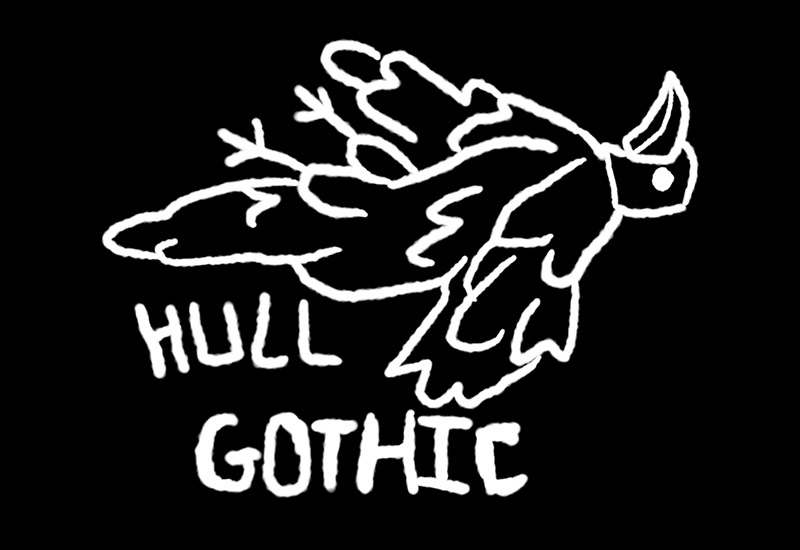Posted September 23, 2025
Gothic Selves/Artificial Others – Call for Papers
University of Hull, UK (28-31 July, 2026)
Once speculative, artificial intelligence now haunts contemporary society, with public discourse around its application and scope ranging from the utopian to the apocalyptic. The Gothic’s fascination with doubles, simulacra, uncanny agency, and other forms of otherness offers rich tools for examining the anxieties and crucial ethical dilemmas provoked by AI. The Gothic has long been preoccupied with the unstable boundaries between the natural and the artificial, as well as between individual subjectivity and the sublime terror of being subsumed into larger networks of terrible knowledge. From Shelley’s Frankenstein and Hoffmann’s Olympia in ‘The Sandman’, through Freud’s notion of the uncanny and the development of posthumanist thinking, the concept of artificial beings has raised profound anxieties about what it means to be human. Today, these concerns have become newly urgent in the age of generative AI, where the promise of creativity and connection is shadowed by questions of exploitation, environmental cost, and the erosion of individuality.

‘Gothic Selves/Artificial Others’ invites scholars and practitioners to explore the intersections of Gothic literature, culture, and theory with artificial intelligences, automated creativity, and posthuman forms of subjectivity. This conference seeks work that is intellectually rigorous and experimentally open, engaging with both classic Gothic texts and contemporary manifestations of the Gothic imagination across media. We invite participants from in and outside the arts and humanities to respond to the theme and intend the conference to have a truly interdisciplinary ethos.
We invite the submission of abstracts that explore the theme of ‘Gothic Selves/Artificial Others’. We welcome proposed panels of three related papers. Proposals might consider AI as a lens for Gothic subjectivity, the Gothic in AI-generated texts, or the ethical and aesthetic implications of artificial others in Gothic texts and contexts.
Topics may include, but are not limited to, the following:
- Doubles, doppelgängers, and AI analogues
- Artificial creativity and the Gothic imagination
- Gothic ethics and AI decision-making
- AI, disability, and the Gothic
- Gothic ecologies and AI
- Human/machine boundaries and Gothic subjectivity
- Gothic hauntings in digital media
- Automata, robots, and other uncanny others
- Generative AI and Gothic aesthetics
- Posthuman and cyborg Gothic
- Gothic constructions of consciousness
- Ethics, horror, and the uncanny in AI
- The Gothic sublime and artificial intelligence
- Surveillance, Paranoia, and the Gothic
- Queering AI and Gothic identity
- Deconstructing human/AI binaries in Gothic narratives
- Digital narratives and the Gothic
- Cognitive studies, neuroscience, and the Gothic
- Gothic destabilization of somatopsychic boundaries
- Technology, Labour, and the Gothic
- Gothicizing digital humanities
- Gothic, Affectivity, and Embodiment
Please submit a 250-word abstract by 30 January 2026 to IGAHull2026@hull.ac.uk, including your name, a short biography, affiliation (if any), and contact details. Please send your submission as an attachment (as opposed to a link to a server such as Google Docs). Submissions for panels should be sent as a single submission with three 250-word abstracts, a brief statement of the theme of the panel and the information above about each of the presenters.
